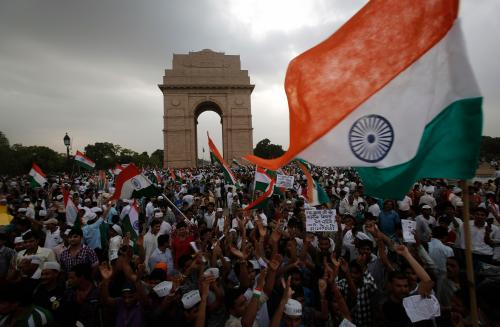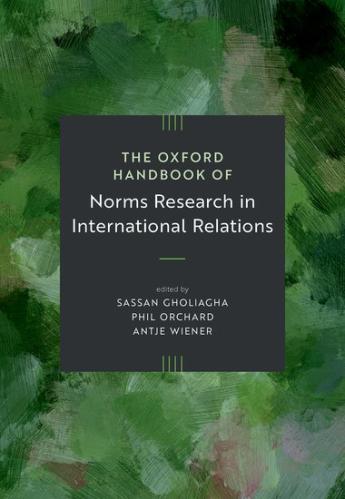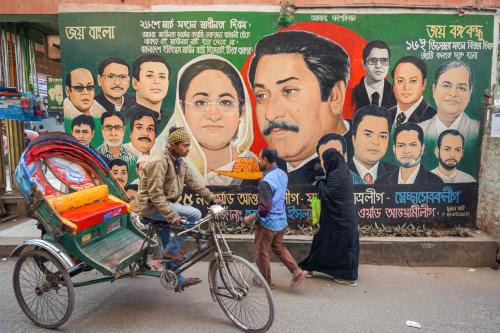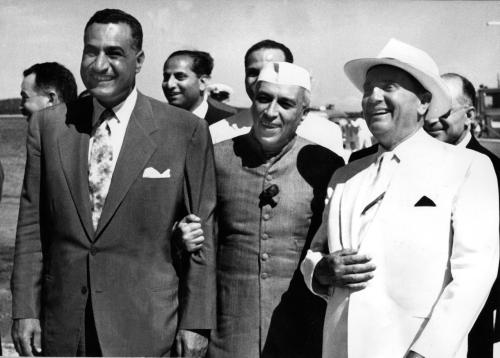Content from the Brookings Institution India Center is now archived. After seven years of an impactful partnership, as of September 11, 2020, Brookings India is now the Centre for Social and Economic Progress, an independent public policy institution based in India.
This article first appeared in Live Mint. The views are of the author(s).
There has been much ado about the advance in India-Japan relations following the recent summit between Prime Ministers Narendra Modi and Shinzō Abe, which the India-Japan joint statement heralded as a “Special Strategic And Global Partnership”. Doubtless, the relationship has evolved to a level that might have been unimaginable just a few years ago and bears the distinct imprimatur of Abe and Modi. Abe believes that while a security pact with the US might suffice for now to ensure regional stability, there are long-term benefits in buttressing this key alliance through a strategic partnership with a rising power. Modi’s policy of hedging by diversifying partners and its growing interests in the Indo-Pacific, coupled with an emphasis on short-term deliverables, made New Delhi amenable to closer ties.
If the relative uncertainty of the US as a long-term guarantor of Japan’s security is a key factor behind Tokyo’s enthusiasm, then the pace of the relationship for both is being determined by the growing ambitions of an actor not mentioned in the joint statement: China. Beijing’s spreading geopolitical and geo-economic tentacles via One Belt, One Road, its ability to fragment the cohesion of the Association of South-East Asian Nations, its blatant disregard of the laws of the sea convention—to which it is a party—in the South China Sea, and the nuclear threats posed by its client states Pakistan and North Korea, clearly lent urgency to the process.
Yet, the two nations have curtailed their ambitions to align “Japan’s free and open Indo-Pacific strategy with India’s Act East policy” to the Indo-Pacific region. While this is aimed at containing China, it does not go far enough. Unless there is similar alignment on the Middle East and Africa, China will remain unconstrained.
Clearly, India-Japan relations are still not at a stage where they can mutually and effectively advance their bilateral, regional and global interests. To do so, the two will also have to work together on international development, maritime security, civil nuclear issues, reform of the UN Security Council (UNSC), and UN peacekeeping.
While there has been some progress in the area of maritime security, through the trilateral Malabar exercises (with the US), and on civil nuclear energy with the entry into force of the agreement for nuclear cooperation, there has been little or no progress in other crucial areas.
To read more, please click here.
The Brookings Institution is committed to quality, independence, and impact.
We are supported by a diverse array of funders. In line with our values and policies, each Brookings publication represents the sole views of its author(s).








Commentary
Op-edEnhancing the India-Japan partnership
September 25, 2017